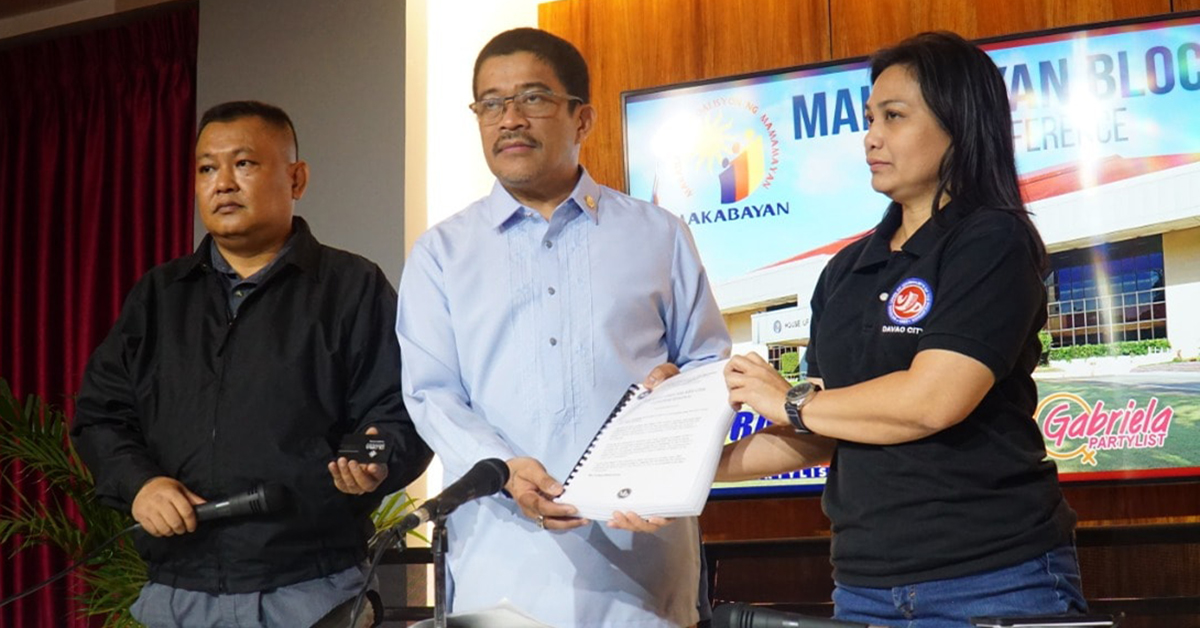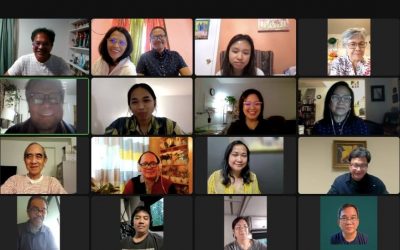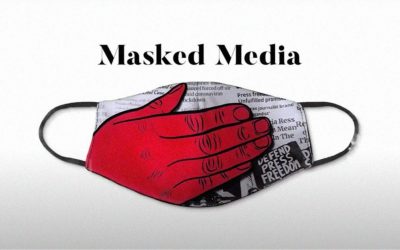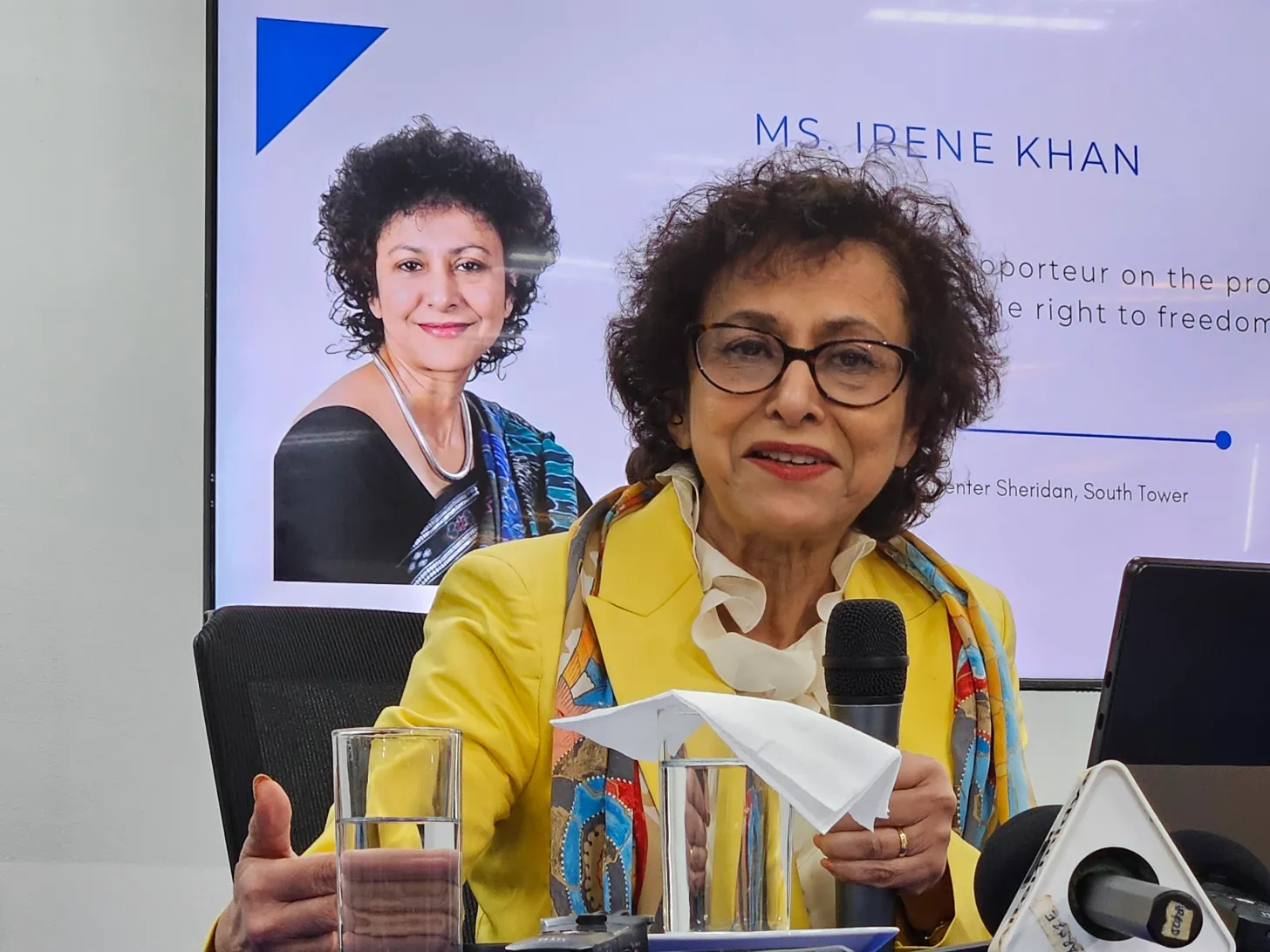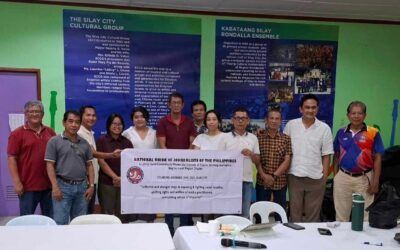Signing against the sign
by Raymund B. Villanueva
MANILA — It was the Comprehensive Dangerous Drugs Act of 2002 that first ordered that journalists act as one of the police’s witnesses in their anti-illegal drugs operations. Strong opposition from media groups, including the NUJP, forced legislators to make the practice optional when the law was amended in 2014 by Republic Act No. 10640, also known as “An Act to Further Strengthen the Anti-Drug campaign of the Government.”
No one guessed at the time the law was being amended that a bloodier regime would be forthcoming and that a gory anti-illegal drug war would be foisted on the Filipino people.
It did not take long into the Rodrigo Duterte regime before the Philippine National Police settled into its nanlaban (put up a fight) storyline in its nightly killing spree throughout the country.
The killing of suspected drug personalities racked up numbers far worse than during the most murderous stretches of the Ferdinand Marcos dictatorship. The police forced journalists to still act as witnesses as a condition for being allowed to cover operations.
Journalists who at first eagerly went along to feed the insatiable news mill eventually saw through the canard. Worse, those who filed reports critical of the drug operations were eventually accused by the police of being under the pay of drug syndicates.
But it is the practice of forcing journalists to act as witnesses to police drug operations that endangered journalists the most. Some journalist also found themselves at risk of retaliation from crime syndicates.
“One of our colleagues from Zamboanga del Norte received death threats from an accused drug dealer because she testified as witness in the operation. She didn’t even want her name to be revealed because of fear,” National Union of Journalists of the Philippines (NUJP) chairperson Nonoy Espina said in 2018.
He added that another journalist from the Visayas who regularly signed on as witness to drug inventories found himself included in a drug watch list.
Aside from physical safety, the practice also exposed journalists to judicial prosecution for perjury and other offenses in the event of irregularities in the conduct of anti-drug operations.
“There are reports that the journalists are made to sign by the police even if they did not actually witness the operation or the inventory of seized items,” Espina explained. He added that while journalists may decline to serve as witnesses, they risked being isolated from their police sources or even normal channels of information.
Hijacked bill
On November 9, 2018, the NUJP launched the “Sign Against the Sign” campaign, calling on law enforcement units to end the continued practice of requiring journalists to sign as witnesses to the inventory of contraband and other items seized during anti-drug operations.
In its petition, also posted on online campaign platform change.org, it said media organizations and news outfits are urging Congress to further amend the law to totally exclude journalists from among possible witnesses in anti-drug operations.
NUJP officers and members gathered thousands of signatures in just a few days.
On November 12, 2018, the Makabayan bloc at the House of Representatives filed a bill seeking the exemption of journalists from acting as witnesses in police anti-drug operations. House Bill 8832 was filed on November 12, 2018 by ACT Teachers party-list, Gabriela Women’s Party, Anakpawis party-list, Bayan Muna party-list and the Kabataan party-list with NUJP officers.
HB 8832 said that journalists must be protected from harm and the anti-drug laws must help ensure that reportage on the government’s anti-drug operations must remain objective and factual. The bill reached second reading before the 17th Congress ended last 2019.
The Makabayan Bloc re-filed the bill on August 5, 2018 as HB 2995. But the House subsumed HB 2995 into a new dangerous drugs bill when on October 1, 2020, Duterte’s allies filed HB 7814.
The new bill was swiftly approved by the House last March 2 with a vote of 188-11 and nine abstentions.
HB 7814 became controversial however because it ascribes guilt on suspected drug personalities “until proven otherwise.”
The dangerous measure prompted not just the Makabayan bloc to be among the 11 oppositors but also compelled Duterte allies to withdraw their co-authorship and initial support of HB 7814.
“The bill that I filed did not contain provisions that would institutionalize presumption of guilt, a proposal that I believe is a contradiction to the right of innocence until proven guilty enshrined in the Constitution,” Muntinlupa Rep. Rufino Biazon, a co-author of the bill, revealed.
Quezon City Rep. Jesus “Bong” Suntay, House Committee on Human Rights chairperson, said the approved bill does not simply amend the Comprehensive Dangerous Drugs Act of 2002 but is also revising the penal laws of the country.
“As a lawyer, I do not want to send the wrong message to the PDEA (Philippine Drug Enforcement Agency), to the police authorities, and the prosecution that an accused may now be convicted on mere presumptions,” he said.
While expressing support for the provision finally exempting members of the media from signing the inventory of supposedly seized drugs in police operations, deputy minority leader and Bayan Muna Party Rep. Carlos Zarate said that once passed into law, the bill would shift the burden of proof to the accused, who is supposed to be innocent until proven guilty.
There is partial victory in NUJP’s campaign to exempt journalists from the police’s drug-related operations. Duterte’s drug war, however, is only getting bloodier.
More from Diarista 2021
NUJP North America formed
NUJP North America first online general assembly. MANILA — The National Union of Journalists of the Philippines (NUJP) North America chapter was established July 1 during an online assembly....
Masked Media campaign bags awards
Masked Media Campaign won 2 Golds, a Silver and a Bronze at APAC Tambuli Awards, a pioneer global award show that recognizes effective brands with purpose. MANILA — It’s another win for press...
IFJ forms Asia Pacific fed, NUJP chair elected to executive committee
Newly elected Federation of Asia-Pacific Journalists (FAPaJ) executive committee (Photo by Jonathan De Santos) MANILA — Asia Pacific delegates of the International Federation of Journalists (IFJ)...

